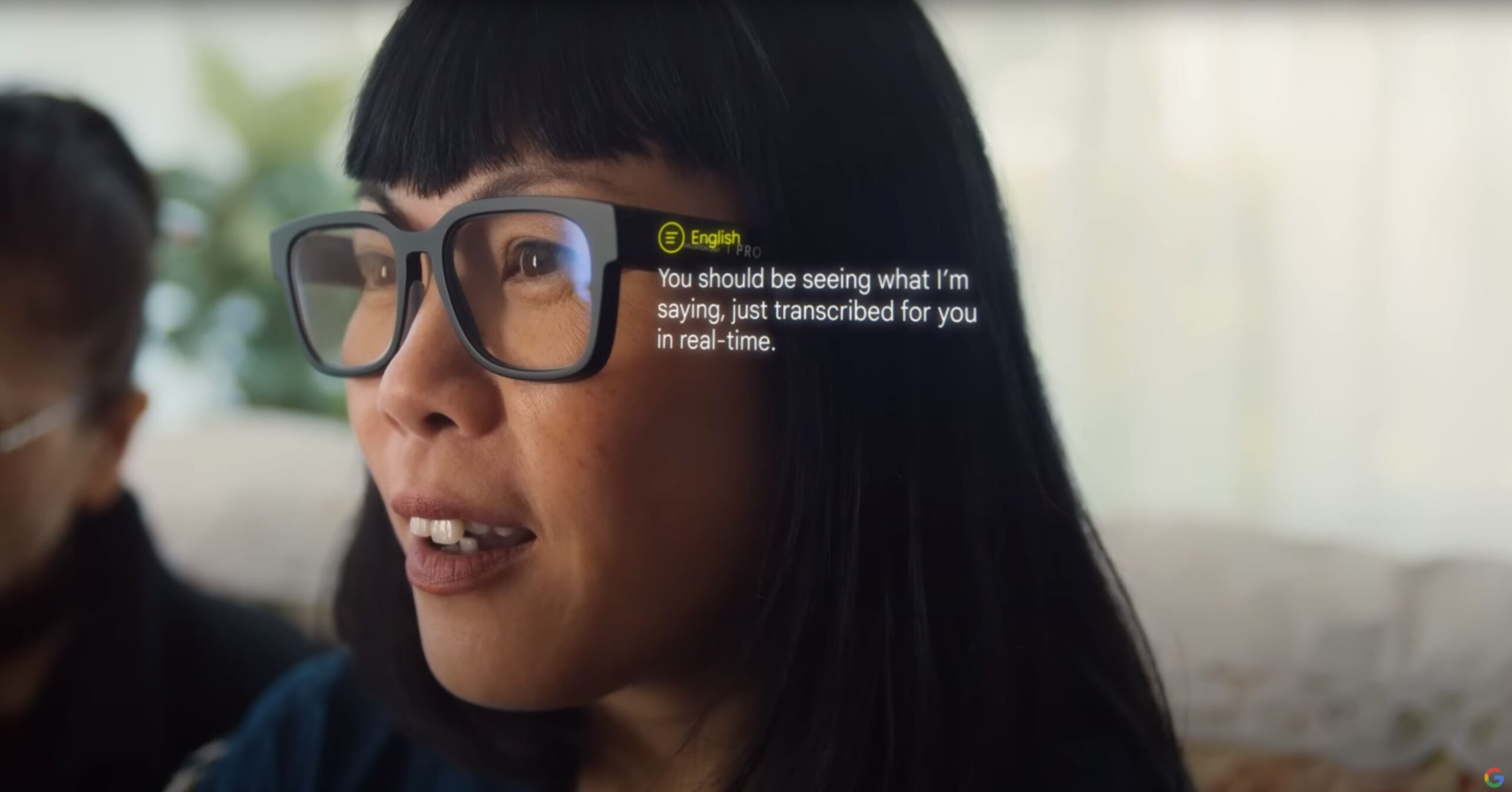Google has reportedly scrapped plans to release a pair of augmented reality (AR) glasses. The cancellation of the gadget, reportedly codenamed Project Iris, marks the third time the company's supposedly thrown in the towel on AR glasses. The most recent specs were expected to become Google's second foray into consumer tech and feature a more mainstream-friendly appearance than Google Glass.
In January 2022, the rumor mill churned out its first details on Project Iris, thanks to a report from The Verge citing anonymous sources "familiar with the project." Iris was reportedly wireless with external cameras and left heavy graphical processing duties to the cloud.
Last year's report also described prototypes in development as being ski goggle-like, but Business Insider's report Monday claimed that those prototypes were actually for Google's AR partnership with Samsung and Qualcomm to make a mixed reality (MR) platform. Google announced the project alongside minimal details in February 2023.
Insider's report Monday cited three unnamed people "familiar with the matter" who said the goggles, after being in development for years, were canned "earlier this year." This reportedly came after a series of layoffs and corporate reshuffling at the company, including the departure of Clay Bavor. The 18-year Google exec announced his departure to start an AI firm in February. Bavor's most recent roles at Google were leading the VR/AR division for nearly seven years and heading the Labs division.
"Insiders say Google leaders kept changing the strategy for Iris, which led to the team continually pivoting direction, frustrating many employees," Insider reported.
AR for Android
Now, Google will reportedly hone its AR software rather than build AR hardware. According to Insider, the conglomerate is focused on creating an AR software platform—one Google hopes could be the "Android for AR," one employee reportedly told Insider—for headset makers to license. The prototyping platform is reportedly internally named Betty. Potential partners include Samsung and more.
Of course, it's common for Google to cancel projects and for developmental ones never to see mainstream release. Without Bavor's leadership amid the reported cost-cutting efforts from Google CEO Sundar Pichai, including the axing of Google's laptop division, there's likely little wiggle room for new consumer hardware endeavors around emerging technology. Focusing on AR tools could let Google build and make money off AR partnerships without immediately worrying about getting consumers excited about AR gear, something Google's failed to achieve in the past.


 Loading comments...
Loading comments...
